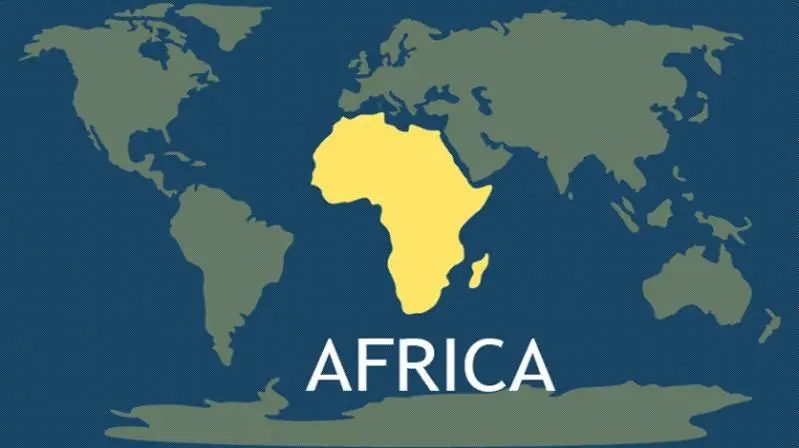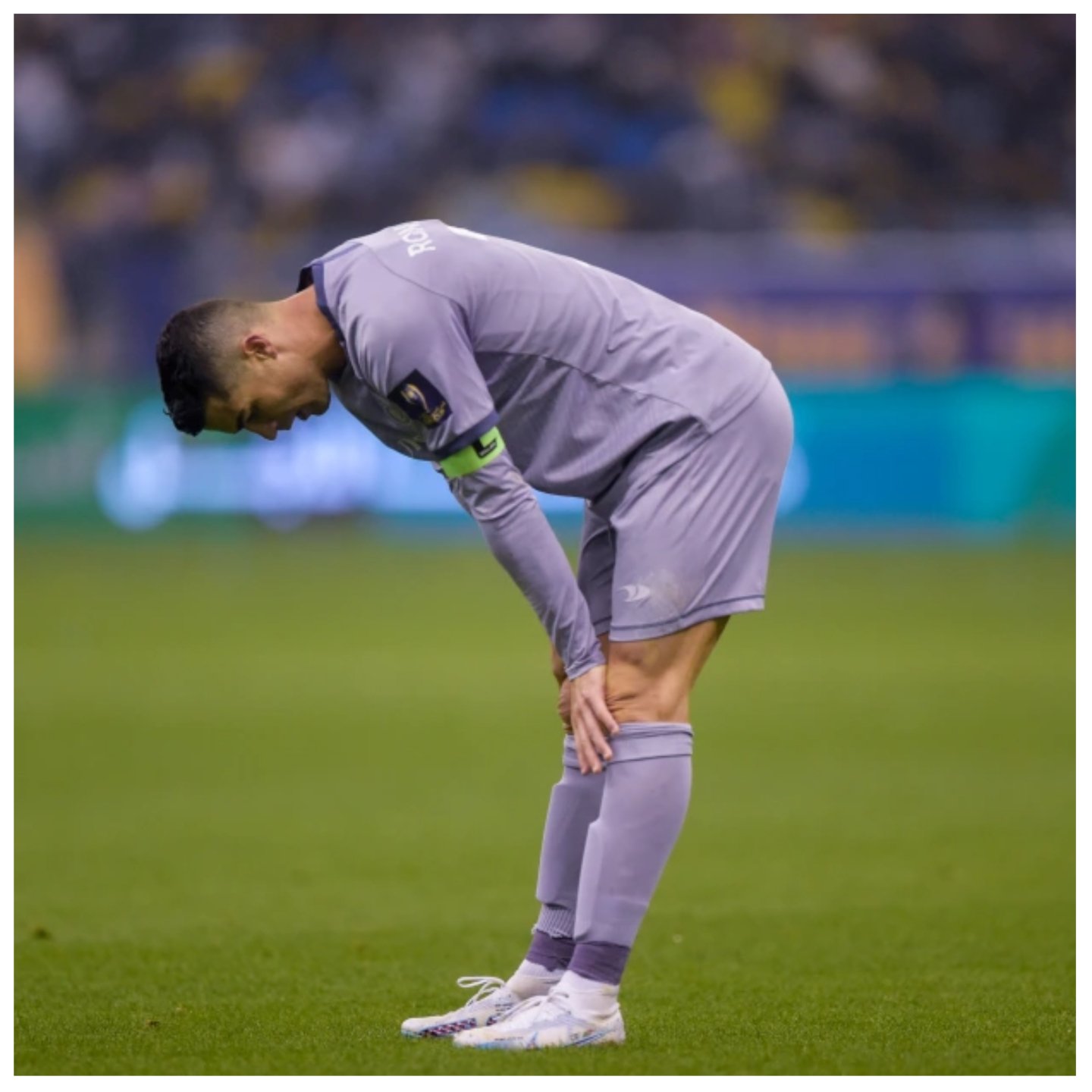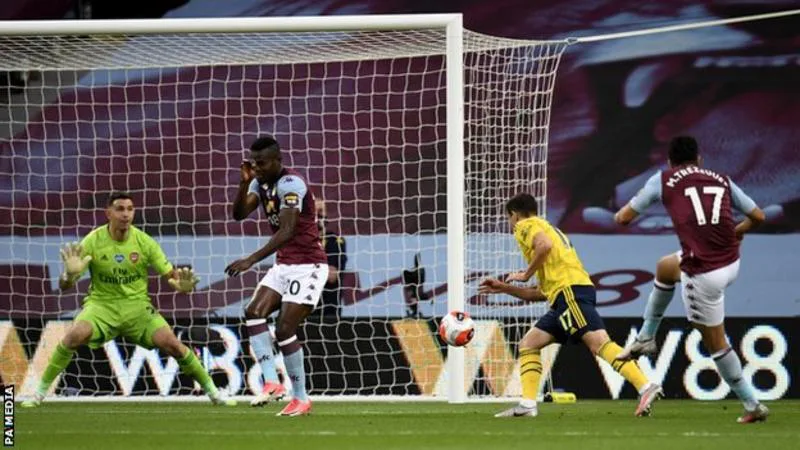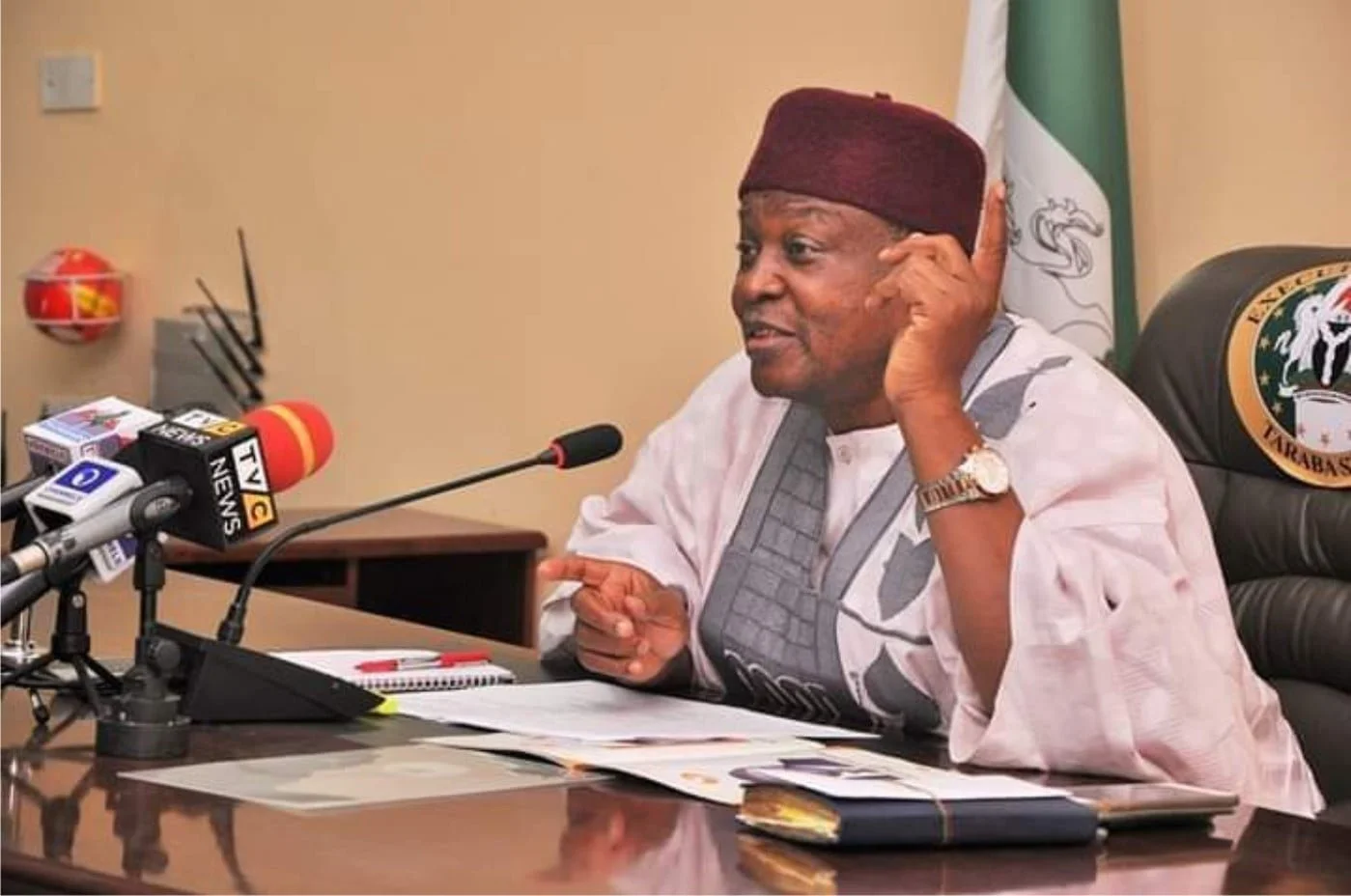AT the last count, seven African countries had recently fallen back into military dictatorship after some experimentation with the democratic model of governance. With the exception of Gabon, the others- Guinea, Mali, Chad, Niger, Sudan, and Burkina Faso – are in the Sahel, sub-Saharan Africa region.
This sudden upsurge of military interventions in governance, which started in December 2021, can be called the “Sahel Spring”. It is likened to the “Arab Spring” which sprouted in Tunisia but later sparked revolutions in the Arab world, especially in Libya, Egypt, Yemen, Bahrain and Syria.
It led to the overthrow of entrenched dictatorships like those of Muamar Gadaffi and Hosni Mubarak, and the destruction of Syria, where Russia helped prevent the removal of Bashar al-Assad.
The Arab Spring sprang from deep rot, corruption, and oppression of the masses. It all started when a street hawker, Mohammed Bouaziz, set himself on fire on January 4, 2011 in Ben Arous after government officials seized his wares. One of the consequences of the Arab Spring was the growth of Boko Haram into the most murderous jihadist terrorism outfit in the world.
It is these same conditions of corruption, misrule and leaders serving as puppets of the former colonial master, France, and otherwise independent countries becoming the battleground of world powers that torched off the “Sahel Spring”, which could grow even further.
Leaders within the sub-region have taken desperate measures in efforts to stop the bogeyman from knocking on their own doors. The Economic Community of West African States, ECOWAS, quickly mandated their new chairman, President Bola Ahmed Tinubu of Nigeria, to issue an ultimatum for the Niger Republic junta led by General Abdulrahmane Tchiani to restore ousted President Mohamed Bazoum to power.
The military takeover in Gabon also forced entrenched dictatorships in Cameroon, Rwanda, Uganda and others to quickly reshuffle their military high commands.
They failed to realise that it is the junior elements in the army that are more liable than the old generals to carry out coups.
These panicky measures can never stop military interventions or force those who have already seized power to back down.
Most of the coups are supported by the people because foreign powers prop up the civilian dictators and use them to undercut the sovereignty of its former colonies. Many of them have resorted to changing their countries’ constitutions to enable them stay permanently in office, often with a view to transfering power to their children.
It is laughable for ECOWAS to deign to threaten Niger Republic with force in defence of “democracy”, especially when some of these leaders’ democracy credentials are seriously questioned. The lesson here is that even democracy can outlive its usefulness when it no longer serves the people or derives its power from them.
Power still belongs to the people.







2 Comments